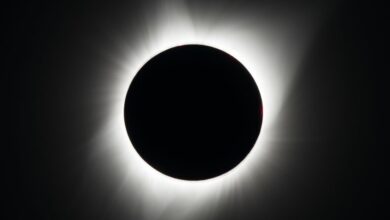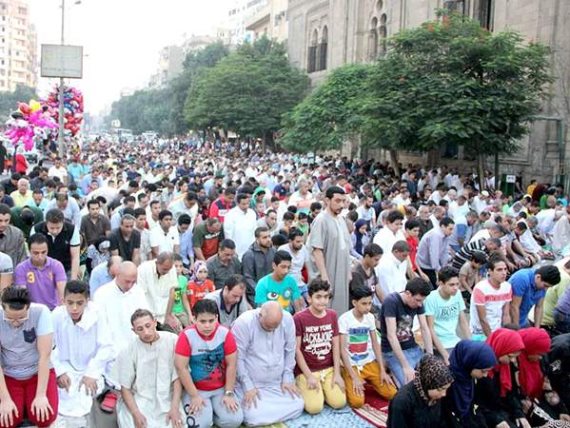“Wahawy ya wahawy/Eyaha/We kaman wahawy/Eyaha” — these are the introductory lyrics of our most popular Ramadan jingle. My brother and I have been singing them since we were 3 years old. But, as in English, “wahawy” and “eyaha” seem to mean little in Arabic, at least until one knows the story behind the song.
These lyrics, which songwriter Hussein Helmy al-Manesterly developed into a complete song that was composed and sung by Ahmed Abdel Kader and Ahmed Sherif, are actually inspired by a popular ancient Egyptian rhyme.
It is said that Egyptians first sang “Wahawy ya wahawy/Eyaha” when they visited Eyaha, the mother of King Ahmose I, and cheered for her son’s victory over the Hyksos who occupied Egypt for about 100 years.
King Ahmose I, the founder of the 18th dynasty, expelled the Hyksos only five years after he ruled Egypt in 1550 BC at the age of 16. The story goes that whenever the people saw Queen Eyaha, whose name meant “moon,” they would sing “Wahawy, Eyaha,” meaning “Welcome, Ehaya.”
Ever since, Egyptians have used the same song to celebrate different occasions. As the Islamic hijri calendar follows the lunar system, Egyptians living in the Fatimid era, from AD 969 to 1171, started to celebrate the beginning of the holy month of Ramadan by singing “Wahawy, Eyaha” — a tradition that has continued today.
This piece was originally published in Egypt Independent's weekly print edition.




